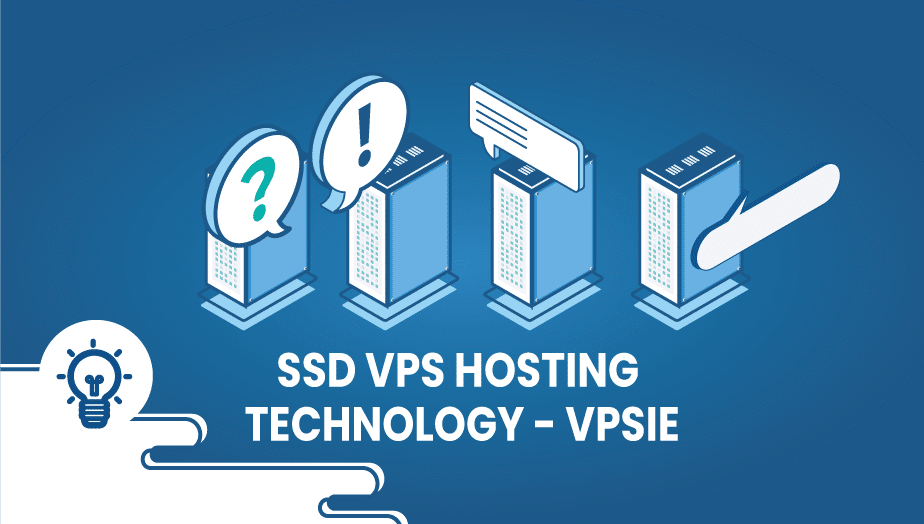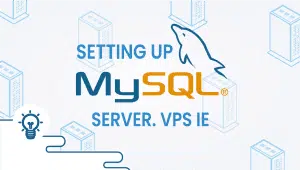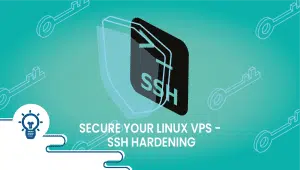SSD VPS Hosting – Wiki
“SSD VPS” is a term that was born in the recent years with the release of SSD drives (Solid state drive). An SSD VPS is the term used in the industry to describe a Virtual Private Server (virtual machine) hosted on a native hypervisor, in most cases, that runs on physical hardware running purely on SSD drives. To enhance performance and reliability, quality SSD VPS providers, build custom SSD RAID configurations.
SSD Drives
SSD drives are drives that contain no disk or motor that spins disk platters, but it actually uses integrated circuit memory chips that store data persistently (SSD drives memory is not cleared after reboot). Unlike traditional hard disk drives, SSD drives read/write/seek rates are much higher. SSD drive technology refers to both drives on I/O interfaces SATA, SATA Express, SAS or PCI-e.
Due to high transfer rates of the SSD, SATA 2.0 (3Gbps) I/O interfaces were becoming performance bottlenecks so, at the time of this writing, due to increased host bus performance, SATA 3.0 (6Gbps), SATA Express and PCI-e SSD drives will be making a point in the future.
SSD drive manufacturers
For a list of SSD drive manufacturers please see http://en.wikipedia.org/wiki/List_of_solid-state_drive_manufacturers.
Linux SSD VPS and Windows SSD VPS – VPSie
At vpsie, we try to provide best SSD VPS performance for the best possible price. From our packages, you can either opt for Linux SSD VPS running Fedora, CentOS, Debian, CoreOS, Ubuntu or OpenSUSE. For Windows SSD VPS, we currently offer Windows Server 2012 R2 VPS and Windows Server 2008 VPS. Please note that for any Windows VPS package, at least 20GB of SSD space are required.
The difference between an normal VPS and SSD VPS
A regular VPS is a virtual private server (virtual machine) that operates usually on common hard disk drives running in RAID configurations to achieve higher sequential read and write speeds. Depending on the hard disk drives rotations (7200, 10000 or 15000 rpm) and the RAID configuration sequential read/write speeds of regular VPS servers can reach and exceed 600MB/s in ideal conditions . Due to the fact that these configurations operate on standard disk drives (having a motor that splits the platters) a standard VPS random reads and writes – where the next block is not located before the previous block – are very low compared to SSD VPS system.
As you have guessed, an SSD VPS is a VPS system operating on SSD drives and because of this they achieve very high read/write speeds for both random and sequential I/O.
Prices for SSD VPS
The price for SSD VPS systems is directly related to the price of SSD Drives which have seen a lowering trend due to the fact that SSD technology has reached it’s maturity (as some voices state), modern SSD drives being as reliable as disk drives and to the fact that the list of SSD drive manufacturers has increased. SSD Vps pricing at VPSie starts at 4$ per month (hourly or monthly billing) for 10GB space of SSD space. For a complete list of SSD VPS pricing, see our pricing at https://vpsie.com/pricing/.






















